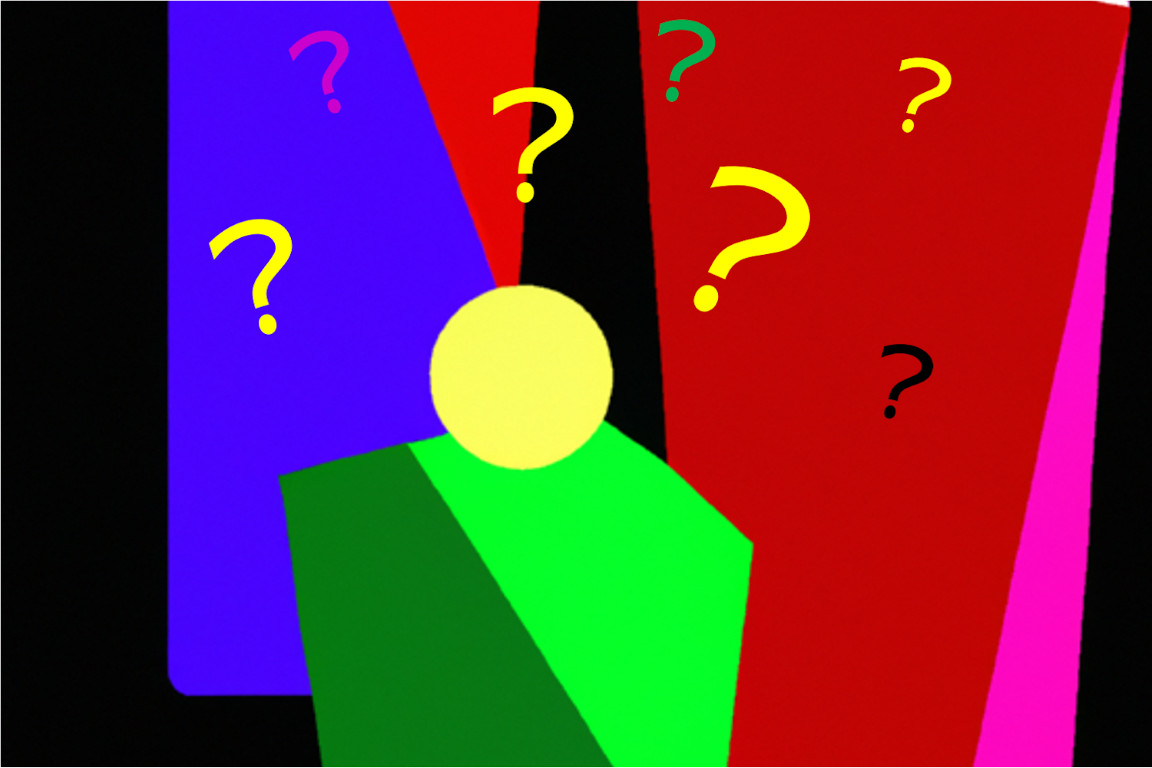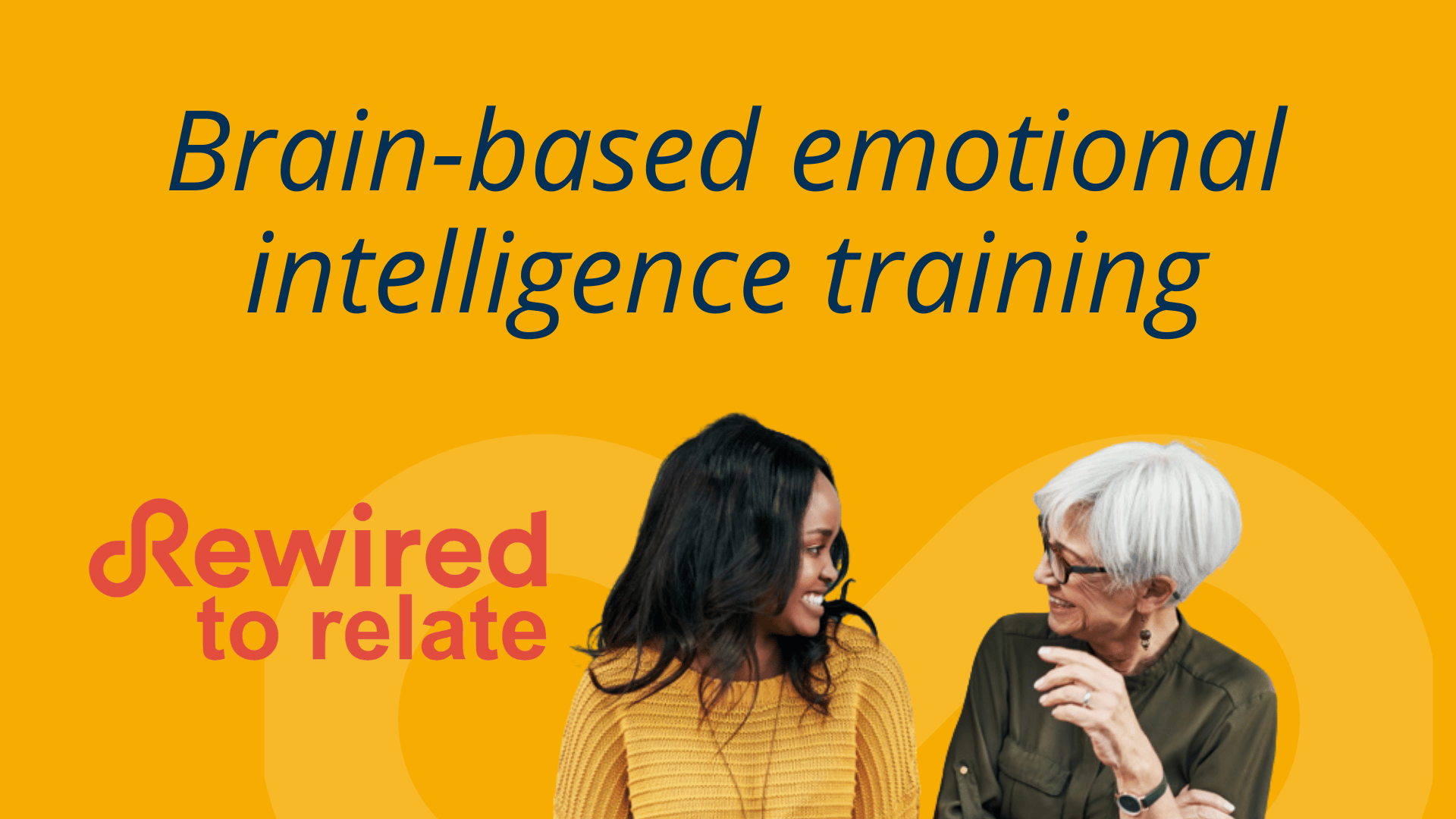
Embrace uncertainty!
Certainty is a powerful driver of human behaviour. Feelings of uncertainty lead to angst and our replacements for certainty, like conspiracy theories, can lead to bigger problems.
We’ve written about uncertainty in other blogposts but it’s always good to remind ourselves that our need for certainty is constantly influencing us.
As the world becomes more uncertain and our anxiety rises, it becomes more difficult to handle our emotions effectively and to distinguish what is true from what we’ve made up.
I was happy to see a recent New York Times article addressing uncertainty: How to Thrive in an Uncertain World by Maggie Jackson (author of Uncertain: The Wisdom and Wonder of Being Unsure). Maggie invites us to find ways to embrace uncertainty (rather than run from it!) for the sake of better mental health and improving one’s ability to manage the complexities of life.
But first, let’s digress and consider some of the strategies that we use to avoid feeling uncertain – see if any of these sound familiar to you.
Our unconscious strategies
When we feel uncertain, our brain immediately tries to remedy this, and we may use one or more of these strategies to escape this particular type of discomfort or angst:
- Put our heads in the sand by avoiding or denying what’s really happening.
- Engage in binary thinking which means we default to either/or, good/bad, right/wrong thinking. Here, there’s no room for grey areas, multiple opinions or complexity.
- Use simplistic thinking and find quick solutions to problems or situations that are complex by nature (Israel & Palestine for example is quite complex; quick fix solutions are unlikely to be a real solution there).
- Disengage from the situation (e.g., not vote in a contentious election).
- Abuse substances – the feel-good nature of many drugs can override the stress chemicals like adrenaline and cortisol, providing a false sense of relief and control.
- Believe something, anything so we can feel certain which can lead us to embrace conspiracy theories. This is bolstered by social media which offers instant answers – without concern for their reliability, reality or truthfulness.
- Eating disorders are also seen as a way to create more control in one’s life.
But life is uncertain
Instead of defaulting to any of those behaviours, Maggie Jackson is inviting us to embrace the Spaciousness of uncertainty (a term coined by Rebecca Solnit) and give ourselves permission to feel and hang out with the uncertainty.
How?
- Build uncertainty tolerance (learn more about this by googling Dr. Michel Dugas who coined and researches the Intolerance of Uncertainty).
- Remind yourself that uncertainty is part of life.
- Understand that you don’t have to understand or fix everything.
- See it as a gift: when you experience uncertainty, it can heighten your attention, increase your working memory and help you attune to new information (learn more about this by looking up by Stephanie Gorka of Ohio State University).
- Give yourself some space to not know and reassure yourself that you are OK.
- Learn to see uncertainty as a challenge rather than a threat.
- Recognise that uncertainty can strengthen your thinking.
- Know that embracing uncertainty can help you learn and truly adapt to what’s happening.
- See it as an opportunity for growth through channelling it into something more positive.
Like with most of our internal drivers, they are ever-present, and we need to learn to deal with them. Perhaps this learning is the most important life journey we can engage in.
Rewired to Relate

Learn more about managing your brain’s drivers, managing emotions and how to improve your mental capacity in Rewired to Relate.
more info